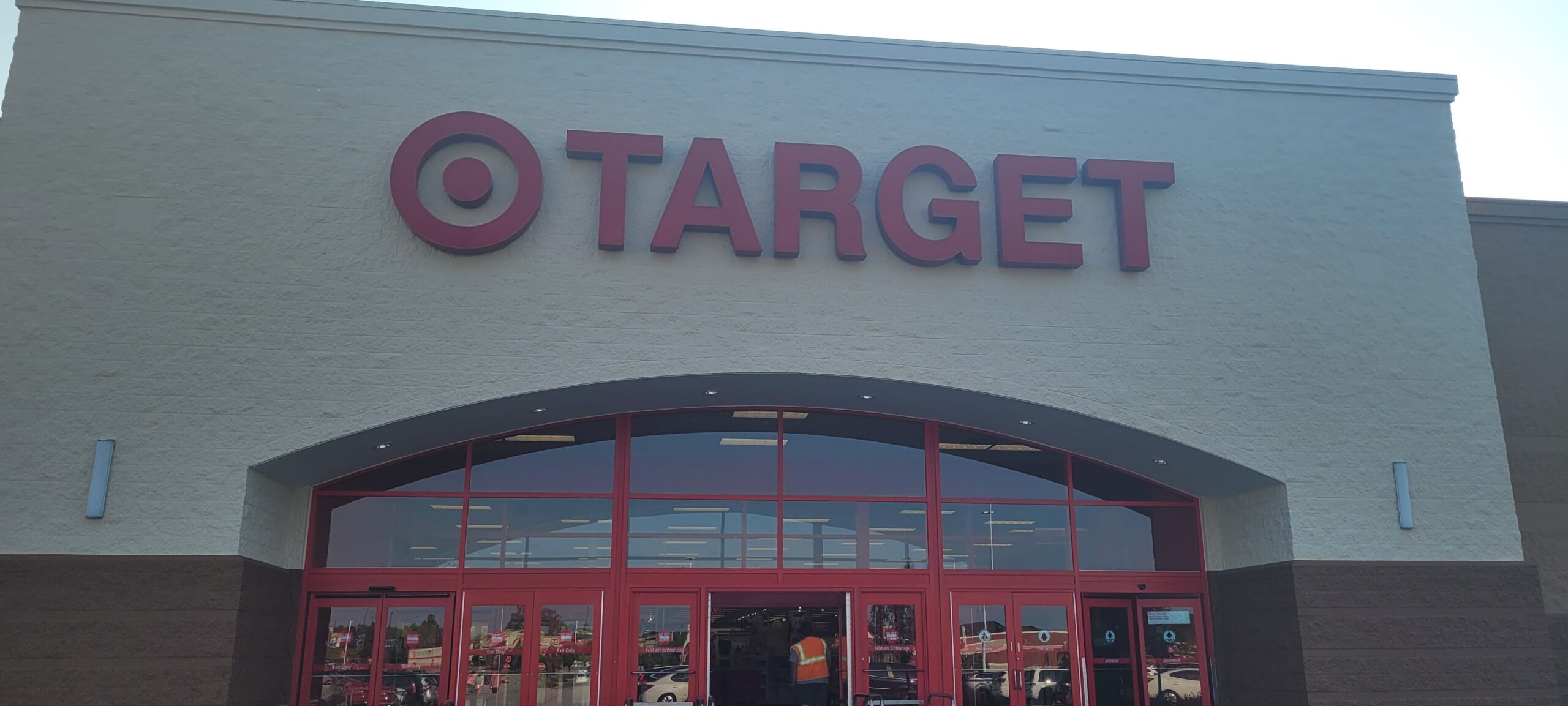- The Most Audacious Cultural Property Thefts in History - April 22, 2025
- P. Diddy and the Culture of Silence in the Entertainment World - April 8, 2025
- Crimes That Made the FBI Rethink Everything - April 5, 2025
Understanding the Cyber Fraud Epidemic
Cyber fraud is a pressing concern for companies globally, with immense financial repercussions. In today’s digital age, businesses are more connected than ever, providing cybercriminals with numerous entry points. Cyber fraud involves unauthorized activities that exploit the digital landscape to deceive or steal from individuals or organizations. The costs associated with these crimes are skyrocketing, with Cybersecurity Ventures predicting global cybercrime costs to reach a staggering $10.5 trillion annually by 2025. This highlights the critical need for businesses to enhance their cybersecurity protocols to prevent such financial disasters.
Target Corporation: A Costly Lesson

Back in 2013, Target Corporation was the victim of a massive cyber breach that resulted in the theft of data from over 40 million credit and debit card accounts. This breach was primarily due to insufficient security protocols and exposed the vulnerabilities in Target’s IT systems. The financial fallout was dire, with the company incurring costs of approximately $162 million. This incident serves as a stark reminder for retailers of all sizes about the importance of investing in and maintaining robust cybersecurity measures to protect customer data.
Equifax: The Data Breach Nightmare

Equifax, a major player in the credit reporting industry, faced a catastrophic breach in 2017 that exposed sensitive information of 147 million people. The breach led to enormous costs, including legal fees and fines, totaling around $4 billion. The Equifax breach highlighted the severe consequences of inadequate data protection and the critical need for companies to prioritize cybersecurity infrastructure. This breach not only damaged Equifax’s reputation but also underscored the potential vulnerabilities in handling vast amounts of personal data.
Marriott International: A Hospitality Sector Wake-up Call
In 2018, Marriott International reported a breach that affected 500 million guests, with unauthorized access lasting four years. The financial impact was substantial, estimated at $124 million. This breach underscored the cybersecurity challenges facing the hospitality sector, where vast amounts of personal data are stored. Marriott’s experience serves as a wake-up call for the industry, emphasizing the need for comprehensive security strategies to protect customer information and prevent similar breaches in the future.
Facebook: A Social Media Giant’s Privacy Crisis
While not a traditional cyber fraud case, Facebook’s involvement in the Cambridge Analytica scandal in 2019 resulted in a massive $5 billion fine from the FTC. The scandal highlighted significant privacy violations and the importance of maintaining user data integrity. Facebook’s case illustrates the financial and reputational damage that can result from failing to protect user data adequately. Companies must be vigilant in safeguarding personal information to avoid hefty penalties and to maintain consumer trust.
Capital One: Cloud Vulnerabilities Exposed

The 2019 data breach at Capital One exposed personal information of over 100 million customers, and was attributed to a misconfigured firewall in the cloud. The breach resulted in damages estimated at $80 million. This incident emphasizes the critical importance of ensuring robust cloud security measures. As more companies move operations to the cloud, understanding and mitigating potential vulnerabilities is essential to protect sensitive data and avoid significant financial and reputational losses.
Sony Pictures: Entertainment Industry at Risk

In 2014, Sony Pictures Entertainment fell victim to a cyber attack that led to the leak of unreleased films and sensitive employee information. The attack, reportedly carried out by North Korean hackers, resulted in an estimated $100 million in damages. This incident serves as a reminder of the potential consequences of cyber attacks on the entertainment industry. Companies in this sector must prioritize cybersecurity to protect intellectual property and avoid similar costly disruptions.
Uber: The Consequences of Concealment
Uber’s 2016 data breach exposed the personal information of 57 million users, but the company concealed the breach for over a year. This resulted in a $148 million settlement with state attorneys general. The Uber case highlights the importance of transparency and accountability when handling cyber incidents. Concealment can lead to severe legal and financial repercussions, further emphasizing the need for prompt and transparent communication in the event of a breach.
Colonial Pipeline: A Ransomware Reality

In May 2021, Colonial Pipeline was hit by a ransomware attack that forced the company to shut down its operations. The attack culminated in a $4.4 million ransom payment and caused significant disruptions to fuel supply across the East Coast. This incident underscores the growing threat of ransomware attacks and the necessity for companies to develop comprehensive incident response plans. Businesses must be prepared to respond swiftly to minimize the impact of such attacks on their operations and finances.
Reinforcing Cybersecurity: A Business Imperative
The cases of Target, Equifax, Marriott, Facebook, Capital One, Sony Pictures, Uber, and Colonial Pipeline highlight the diverse nature of cyber threats and their staggering financial impact. With losses reaching billions of dollars annually, companies must prioritize cybersecurity measures and data protection. By implementing robust security protocols and staying vigilant, businesses can mitigate the risks associated with cyber fraud and safeguard their financial stability. The importance of proactive cybersecurity cannot be overstated in an increasingly digital world.



